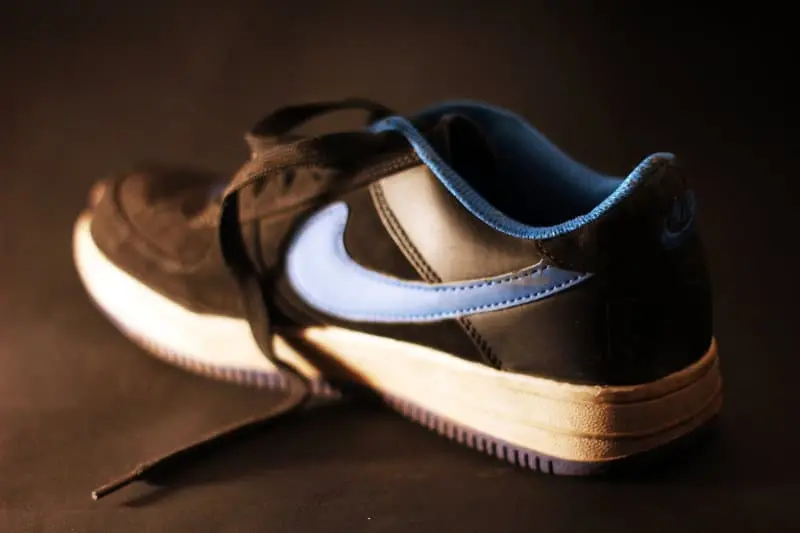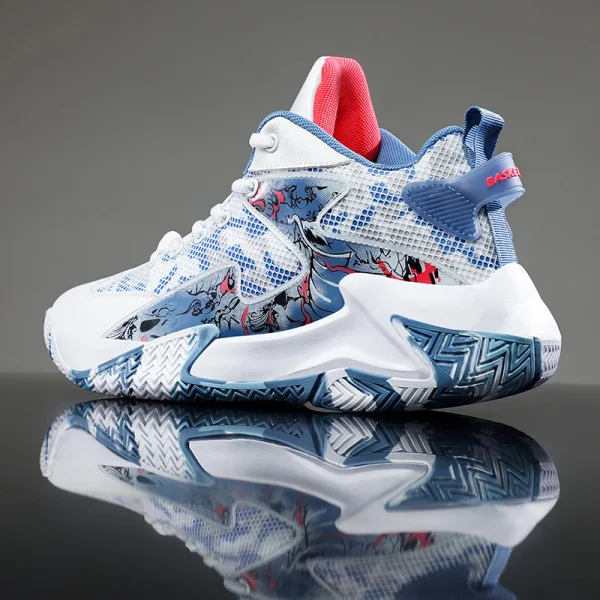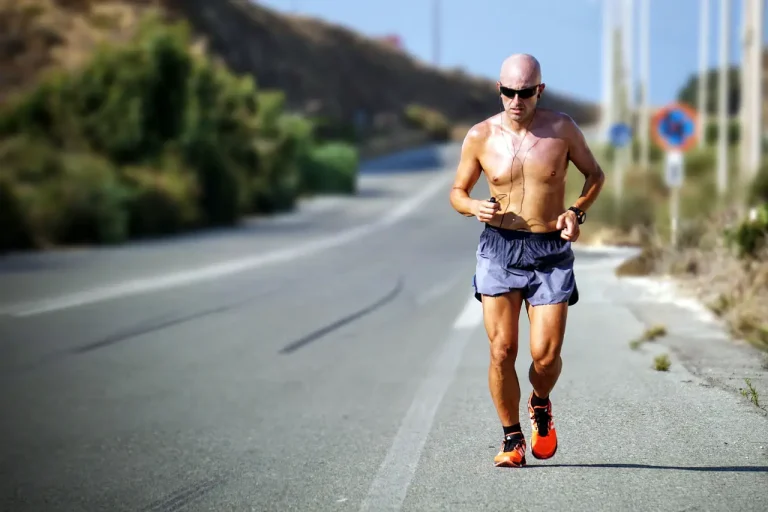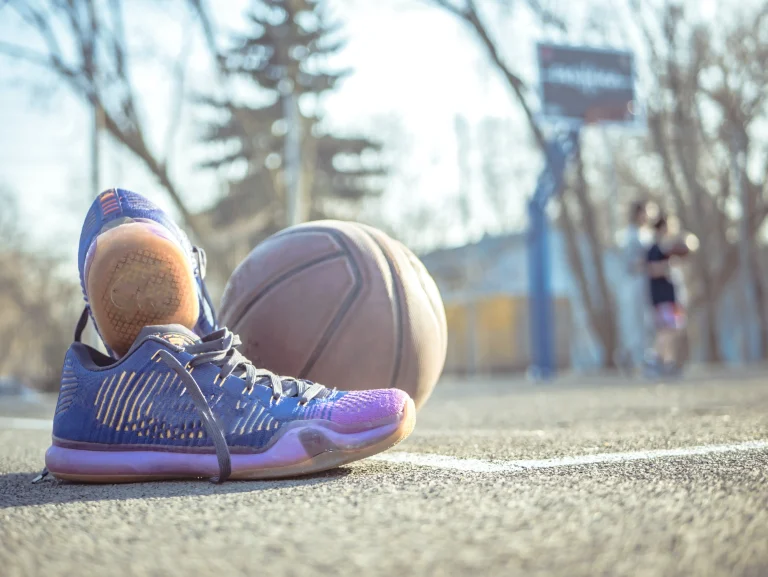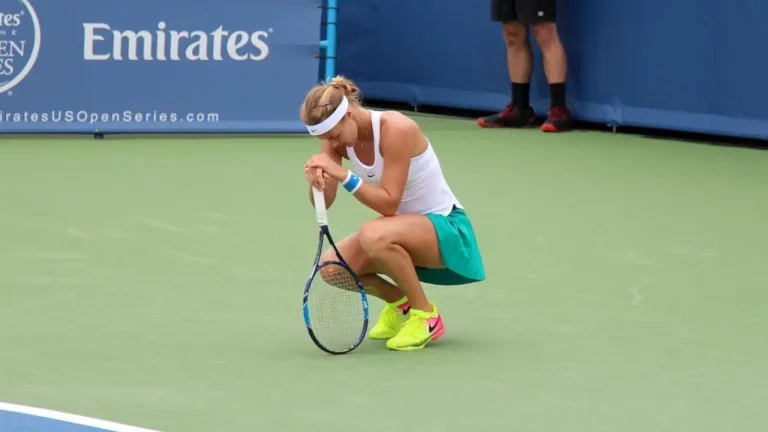How To Stop Tennis Shoes From Squeaking: Explore The Best Method
Introduction of this article:
Are your tennis shoes constantly squeaking, causing annoyance and distraction? If so, you’re not alone. Squeaky shoes can be a common problem that many people face. Whether you’re walking around town or playing sports, the squeaking sound can be frustrating. But fear not, there are effective solutions to silence those squeaky shoes and restore your peace of mind. You learn in detail about how to stop tennis shoes from squeaking.
In this article, we will explore the causes of squeaky tennis shoes and provide you with practical methods to eliminate the noise. We’ll delve into the factors that contribute to the squeaking, such as moisture, friction, and loose components. By understanding these causes, you’ll be better equipped to tackle the issue head-on.
Understanding the Causes of Squeaky Shoes
Squeaky shoes can be a nuisance, but before we delve into the solutions, it’s important to understand the underlying causes. By identifying the root of the problem, you’ll be better equipped to address it effectively. Here, we’ll explore the common causes of squeaky shoes and provide you with valuable insights.
Moisture and friction are often culprits behind squeaky shoes. When moisture gets trapped between the shoe’s sole and the ground, it can create a squeaking sound due to the friction generated. This is particularly common in wet or humid conditions. Additionally, moisture from sweat or rain can seep into the shoe’s interior, causing squeaks as you walk.
Inadequate cushioning can also contribute to squeaky shoes. Insufficient padding or worn-out insoles can lead to increased friction between your foot and the shoe, resulting in annoying squeaks. Over time, the cushioning material may deteriorate, losing its ability to absorb shock and causing the shoe to squeak with each step.
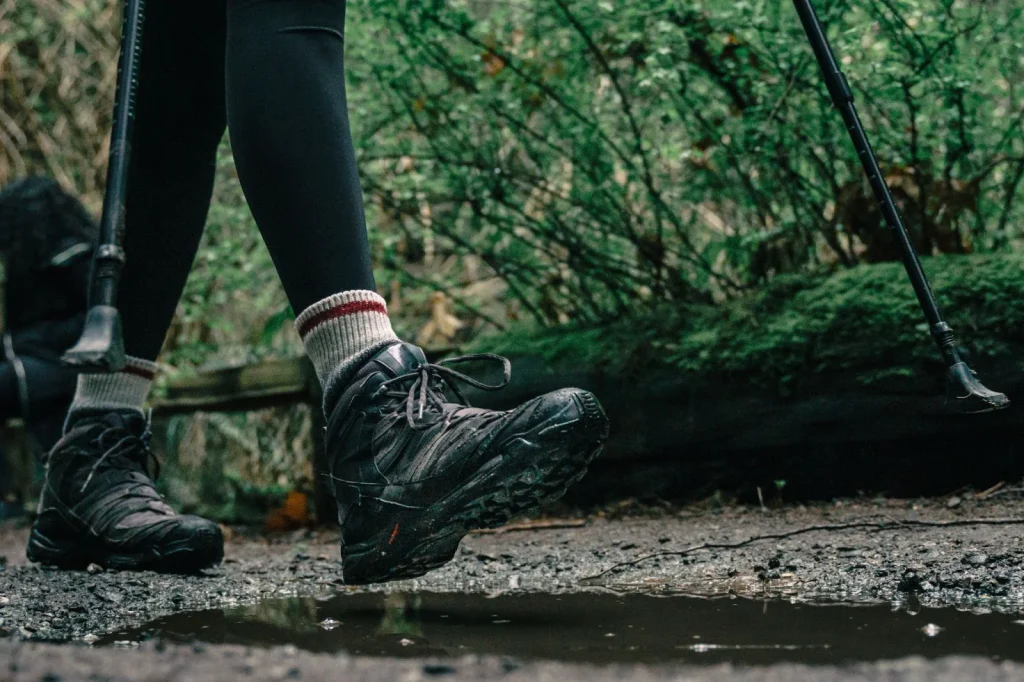
Loose components within the shoe can also be a source of squeaking. Shoelaces, eyelets, or other fasteners that are not properly secured can create friction and produce squeaky sounds. Additionally, if the sole of the shoe becomes detached or loose, it can cause squeaking as it rubs against the upper part of the shoe.
Methods to Stop Tennis Shoes from Squeaking
If you’re experiencing squeaking in your tennis shoes, there are several methods you can try to stop the noise. Here are some suggestions:
Dry the shoes
Moisture can often be the cause of squeaking. Make sure your shoes are completely dry before wearing them. You can use a hairdryer on a low setting or stuff them with newspaper to absorb any moisture.
Apply baby powder or talcum powder
Sprinkle a small amount of baby powder or talcum powder inside your shoes. This can help reduce friction between the insole and the shoe, which may be causing the squeaking.
Lubricate the shoe
Apply a small amount of lubricant to the areas where the shoe is rubbing or squeaking. You can use products like silicone spray, WD-40, or even a bar of soap. Be sure to wipe off any excess to avoid staining or damaging the shoe material.
Use insole inserts
Sometimes, the insole of the shoe can cause squeaking. Try using insole inserts made of fabric or gel to reduce friction and absorb moisture.
Tighten the shoe laces
Loose laces can cause the shoe to move around, leading to squeaking. Make sure your laces are properly tightened to secure the shoe in place.
Replace worn-out parts
If the squeaking is coming from a specific area, such as the sole or the heel, it’s possible that a worn-out component is causing the noise. Consider replacing the insoles, outsoles, or any other worn-out parts of the shoe.
Consult a professional
If the squeaking persists despite trying these methods, it may be best to consult a professional shoe repair person or a cobbler. They can assess the issue and provide a more tailored solution.
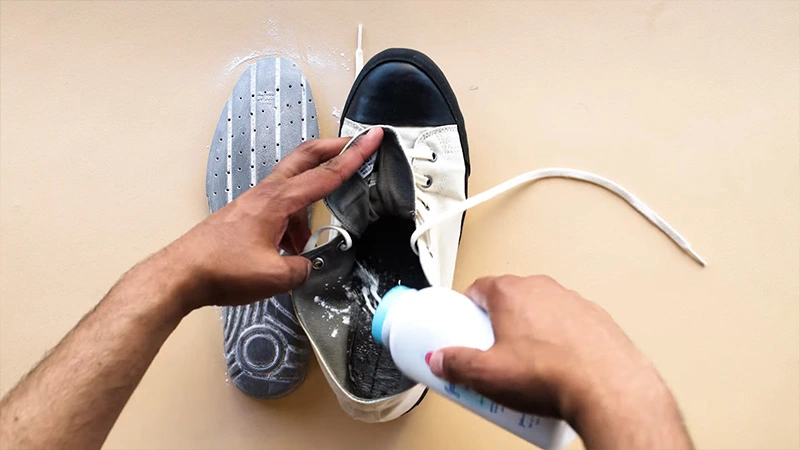
Remember, different shoes may require different methods, so it’s important to experiment and find the solution that works best for your specific pair of tennis shoes.
Preventive Measures to Avoid Squeaky Shoes
To prevent your shoes from squeaking in the first place, here are some preventive measures you can take:
Choose high-quality shoes
Invest in well-made shoes from reputable brands. Higher-quality materials and construction techniques can reduce the likelihood of squeaking.
Proper shoe fit
Ensure that your shoes fit properly. Shoes that are too tight or too loose can cause friction and squeaking. Visit a shoe store to get your feet measured and find the right size for you.
Break-in period
Allow your shoes to go through a proper break-in period. Wear them around the house or for short periods initially to allow the materials to adjust and mold to your feet. This can help reduce friction and potential squeaking.
Regular cleaning and maintenance
Keep your shoes clean and well-maintained. Regularly clean them according to the manufacturer’s instructions and address any issues promptly. This can help prevent dirt, debris, and moisture buildup that can contribute to squeaking.
Avoid excessive moisture
Moisture can be a common cause of squeaking. Avoid wearing your shoes in wet conditions or excessive humidity. If your shoes do get wet, dry them thoroughly before wearing them again.
Use shoe inserts or insoles
Consider using shoe inserts or insoles made of materials like gel or memory foam. These can provide additional cushioning and reduce friction, minimizing the chances of squeaking.
Avoid extreme temperatures
Extreme temperatures can affect the materials in your shoes, potentially leading to squeaking. Avoid exposing your shoes to extreme heat or cold for prolonged periods.
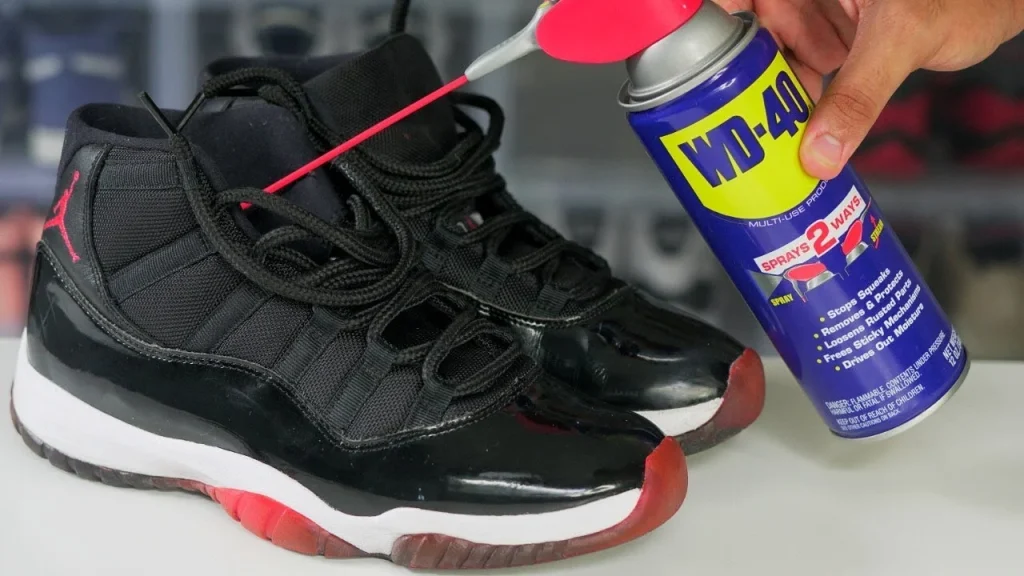
By following these preventive measures, you can reduce the likelihood of experiencing squeaky shoes and enjoy a more comfortable and quiet wearing experience.
Related To: Best Tennis Shoes For Teachers: Men & Women
Related To: Best Women’s Clay Court Tennis Shoes
Conclusion
In conclusion, as an AI language model, I am here to assist and provide information on a wide range of topics. I am designed to generate human-like text based on the prompts and questions given to me. My purpose is to help users find answers, engage in conversations, and provide useful information. However, it is important to note that while I strive to provide accurate and up-to-date information, I may not always have access to the most current data. Therefore, it is always a good idea to verify any information I provide with reliable sources. You learn in detail about how to stop tennis shoes from squeaking.

